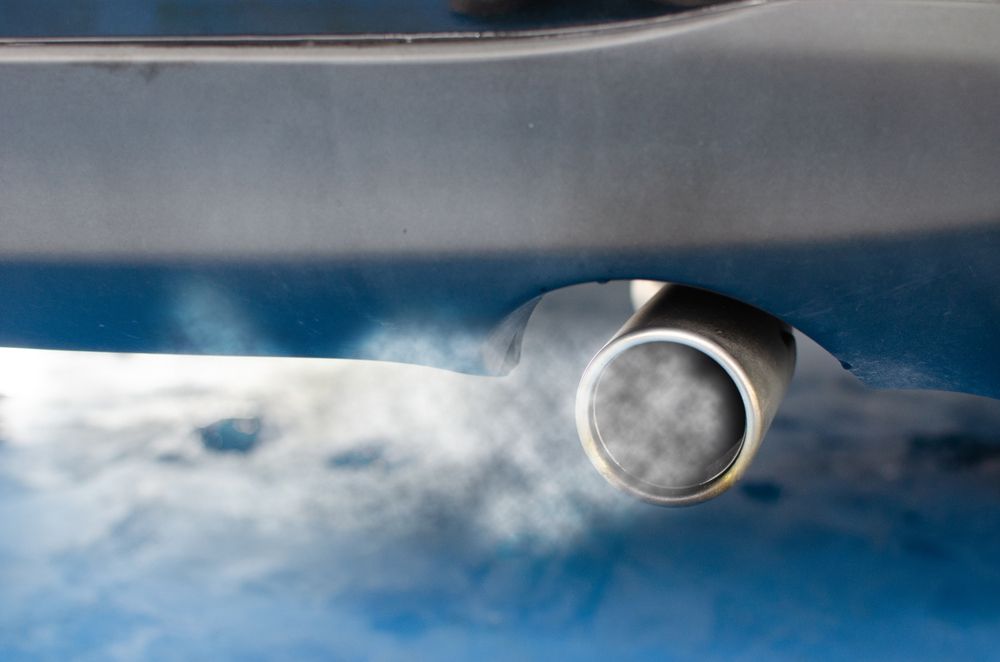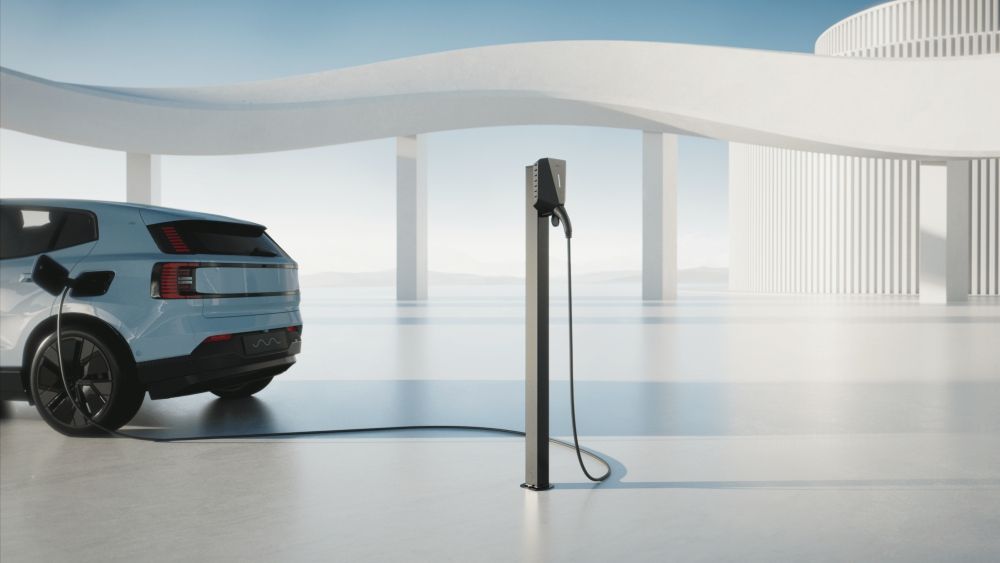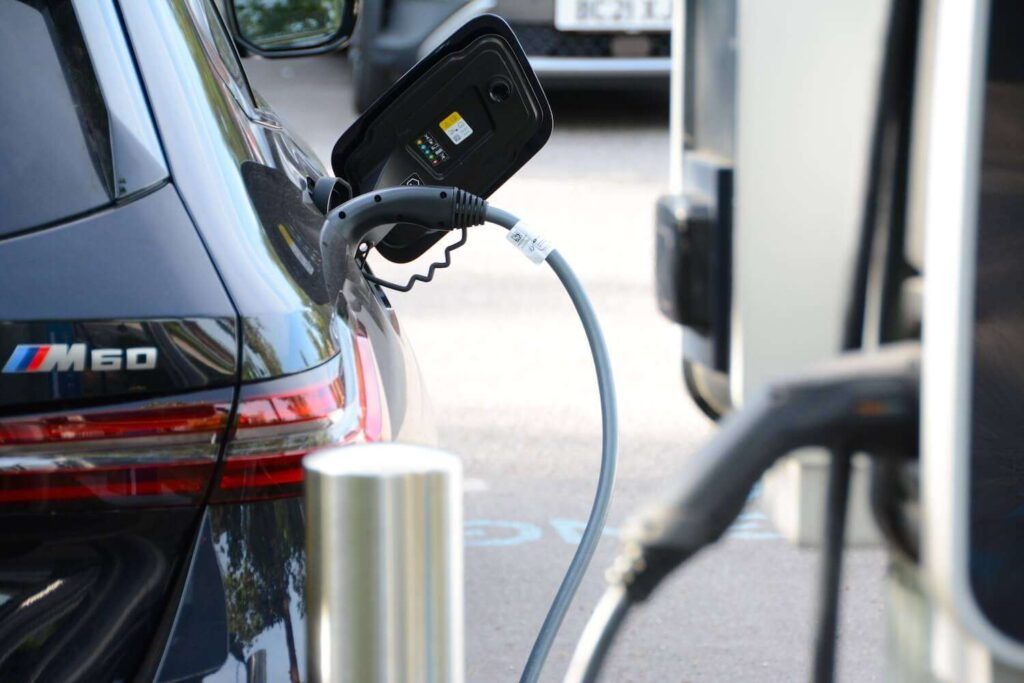Battery electric vehicles (BEV) are the clear winner when trying to reduce emissions in the transportation sector, according to Rystad Energy research.
Despite incurring higher emissions in the manufacturing process of BEVs, and an enduring reliance on fossil fuel power generation in many countries, the positive environmental impact of switching to a BEV over the vehicle’s lifetime is “unmistakable”, the research shows.
Analysis reveals BEVs contribute at most half the carbon dioxide equivalent (CO2e) of diesel or gasoline cars across their lifecycle, regardless of the country of operation.
Even in countries where the power grid is dominated by fossil fuels, battery-powered cars emit less CO2e than internal combustion engine (ICE) cars over their lifecycle, it claims. As renewable sources replace coal and gas-fired generation, emissions related to the operation of BEVs could drop by 86%, it states.
The research considers each stage of the manufacturing process and a vehicle’s operation, although it did state there are “societal and humanitarian impacts” associated with EV manufacturing, battery production and associated mining.
Under its base case scenario for power generation in China in the next 20 years, the lifecycle emissions of a BEV are about 39 tonnes of CO2e versus almost 85 tonnes for an ICE vehicle. The difference in the US is even starker: a BEV emits 42 tonnes of CO2e across its life in the US, 58% lower than a gasoline or diesel vehicle that emits more than 100 tonnes.
Abhishek Murali, senior clean tech analyst, Rystad Energy, said: “Overall, battery electric vehicles are clearly the right technology to reduce emissions in the transportation sector. Switching to a BEV will reduce long-term emissions despite a larger environmental impact at the beginning of the vehicle’s life. Contrary to some claims, electric car adoption is not a fool’s errand; it will slash emissions in the long run and accelerate the energy transition.”
Image from Shutterstock












